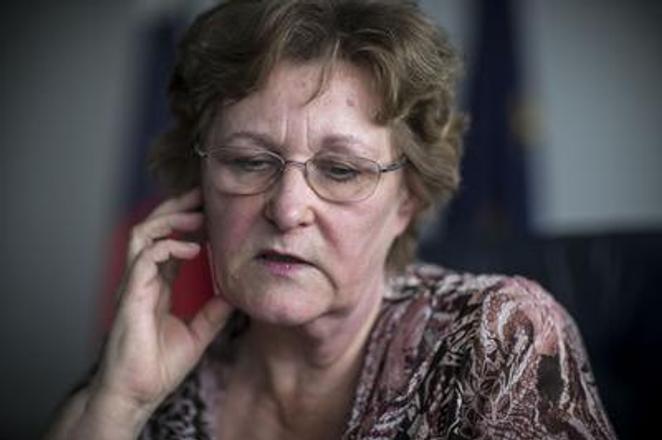Among the most severely criticised regulations of the law introduced as of January 1, 2014 was a section stipulating that subsistence benefit payments should go only to those who carry out at least 32 hours per month of voluntary or minor maintenance work for their locality. President Ivan Gašparovič, who vetoed the law in late 2013, referred to this principle as “forced labour”.
Dubovcová said that the decision to reject her complaint “is being made in the dark age that apparently rules over the Constitutional Court at present”. Rejections of her appeals put the most vulnerable people in society at risk, she added.
“This is also the case with this latest motion, when the Constitutional Court rejected my motion on the grounds of it being filed by a manifestly unauthorised person,” said Dubovcová.
She stressed that whenever a regulation infringes on a fundamental right or freedom, an ombudswoman is entitled to submit such a complaint. She noted that the minimum subsistence law, which she has challenged, is being applied vis-a-vis people whose only income is benefits worth several tens of euros a month. If some of them were to seek protection of their rights by filing individual complaints at the Constitutional Court, they would be obliged to hire a legal representative, something that they could almost certainly not afford.
Dubovcová added that she will not stop filing complaints against the law due to the additional complaints against it that she has been receiving.
The court has previously rejected Dubovcová’s challenge against a law on foreigners and asylum. She took exception to some provisions that, according to her, meant that police or migration authorities could make certain decisions based solely on Slovakia’s “security interests”, preventing those affected from seeking effective remedial measures.
She also objected to what she described as provisions that could potentially result in discrimination against some asylum seekers.



 Ombudswoman Jana Dubovcová (source: Sme )
Ombudswoman Jana Dubovcová (source: Sme )